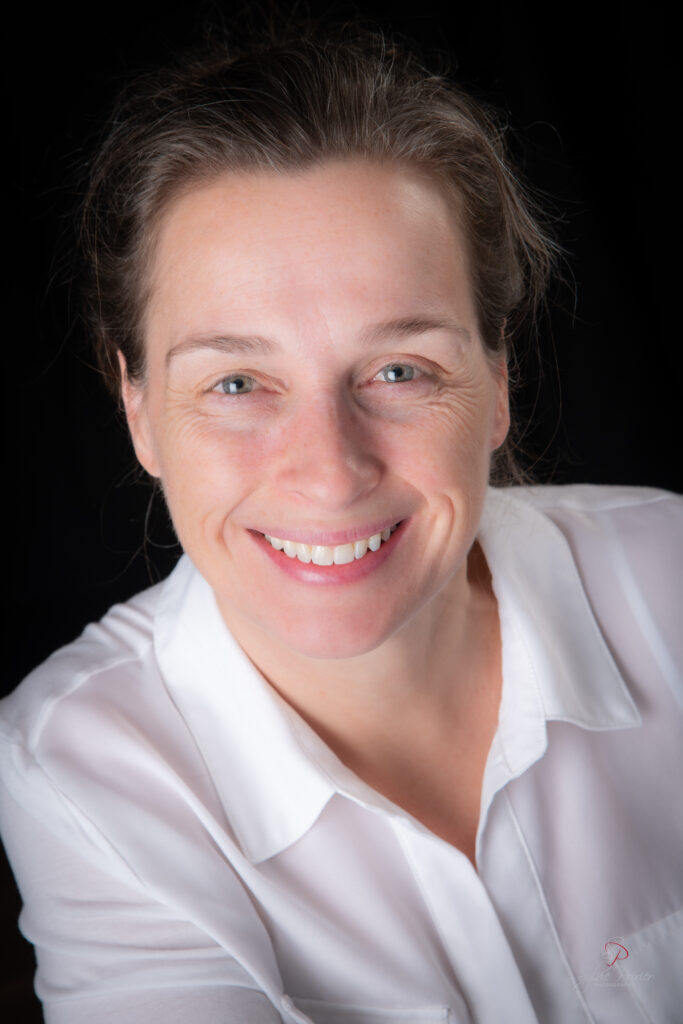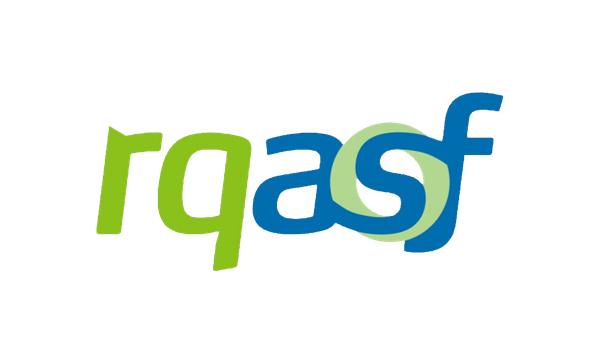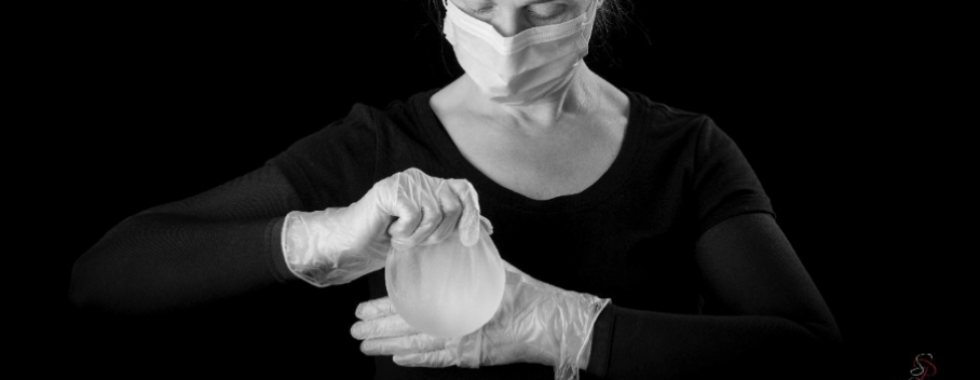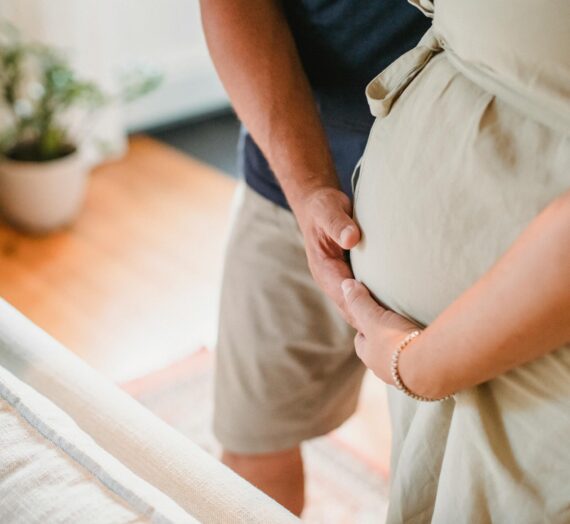By Julie Christie, founder and director of Santé mieux-être, ça commence par soi, partner and member of the Réseau québécois d’action pour la santé des femmes (RQASF).
VERSION FRANÇAISE ICI : Sensibilisation sur les choix de chirurgies mammaires et leurs risques : le 13 février est une journée pour éduquer et réfléchir
February 13 marks a special day for women with Breast Implant Illness (BII). Activists are trying to have this day officially recognized as Breast Implant Awareness Day. With their public testimonies, they have been fighting for decades to break the silence around the serious health problems caused by breast implants in thousands of women.
My name is Julie Christie, I became a member of RQASF, an organization that finally listens to my story… and acts. This day of February 13 is therefore a great opportunity to launch our awareness campaign. We will offer conferences to the public, and we will disseminate the information I have gathered since the removal of my breast prosthesis in February 2019. For years, I suffered from poor health, finding myself bedridden and disabled, without understanding the cause of my many symptoms. I was a victim of the lack of information about the risks of breast implants. It was only after the removal of my implant that my health greatly improved: more than 60 symptoms disappeared, and I recovered 90% of my abilities.
Along the way, I have received support from many professionals, both in Canada and the United States. Dr. Pierre Blais, a chemist and analyst specializing in the toxicity of breast prostheses, who was a speaker at the RQASF Symposium in 2006, accompanied me in my efforts. In particular, he recommended that I choose a surgeon experienced in removing capsules, because my 30-year-old textured implant was made of silicone gel coated with polyurethane, a highly toxic material that Dr. Blais analyzed in a report of more than 50 pages. To avoid any leakage or spillage of the gel, its removal required a specific intervention: en bloc surgery or total capsulectomy.
This article explains in detail the reason for such a day, which is to inform the public of the often-unknown risks associated with the choice of breast surgery, particularly implants, with the aim of encouraging informed consent before any surgical procedure.
Why is such a day crucial?
Breast surgeries, whether performed for cosmetic or reconstructive reasons, are among the most common surgical procedures. According to global data, it is estimated that nearly 1.5 million breast surgeries are performed each year. We do not have Canadian or Quebec data, but the trends observed indicate a growing popularity of these interventions. According to an OnResearch survey, 48% of Quebec women have already considered cosmetic surgery, with breast augmentation being particularly popular1.
However, these interventions carry significant risks, both physically and emotionally. Possible complications include infections, capsular contractions, ruptures or leaks, allergic reactions or conditions such as ASIA syndrome (autoimmune/auto-inflammatory syndrome induced by adjuvants). In addition, some women report disabling side effects that can occur even years after the procedure, such as a rare type of BIA-ALCL cancer (Anaplastic Large Cell Lymphoma – associated with breast implants) or squamous cell carcinoma. A list of about 50 symptoms is reported2, some symptoms are recognized by the health authorities3.
Unfortunately, many women who are considering this surgery do not have access to complete and transparent information. This day, and more broadly our campaign, aims to raise awareness among women and their loved ones about these realities. It is imperative to promote fully informed choices and informed consent.
What informed consent means
Before any surgery, it is crucial that every woman receives all the information they need to make an informed decision. This includes not only the potential benefits, but also the short- and long-term risks, the number of additional surgeries to be expected, and possible alternatives. Let’s not forget the emotional consequences of these interventions and financial investment. Informed consent is based on open and honest communication between the healthcare professional and the patient.
My Story
As a patient-expert who has lived for thirty years with the consequences of the unspoken words of this surgery, I have made it my mission to share my experience in the hope of helping other women. Through these conferences organized with the RQASF (« Choice of Breast Surgeries », « Implant Removal » and « Implant Toxicity ») and my workshop « Reclaiming Your Body », I hope to create a space for exchange and education to demystify the risks and encourage critical reflection on the social pressures that push so many women to modify their bodies.
A photo exhibition in May: « My body, my story »
In the continuity of these efforts to raise public awareness, I am proud to announce that an integral photo exhibition entitled « My Body, My Story » will be held next May at Cégep Montmorency, on my own initiative. This event, bringing together some thirty photos of women’s naked torsos, is part of a process of bodily reappropriation, popular education and redefinition of beauty criteria.
Each photo will be accompanied by a brief narrative illustrating the participants’ unique journeys, struggles, victories, and relationships with their bodies. The main objective is to highlight the diversity of bodies and to humanize the stories often hidden behind the standards imposed by society.
An invitation to reflection and action
On February 13 and at the exhibition in May, we invite you to reflect on the norms that influence our choices in terms of beauty and well-being. How can we better support each other to embrace body diversity and accept each other as we are?
Join us, the RQASF and me, as well as all the victims in this collective process aimed at transforming perceptions and promoting well-being that starts with oneself.
For more information, follow our pages or contact us directly. Together, let’s make a difference.

Julie Christie is also:
- Speaker, Workshop Facilitator and Wellness Coach
- Yoga Teacher and Massage Instructor for Babies and Children
- Breast Implant Expert Patient Speaker
- Representative of the Global Patient Advocacy Coalition (GPAC)
- Feminist activist: sisterhood against unregistered medical devices
Courriel : GPACunited.juliechristie@gmail.com
Photo credits: Sylvie Poirier
References
- 1. https://journalmetro.com/actualites/national/155860/les-quebecoises-aiment-la-chirurgie-plastique/?utm_source
https://www.alcimed.com/fr/insights/protheses-mammaires-un-marche-florissant-ouvert-a-linnovation/
https://exactitudeconsultancy.com/fr/blog/2022/08/19/breast-augmentation-market-growth/ ↩︎ - 2. https://www.gpacunited.org/_files/ugd/eac3fd_c33605f082784f289b1a69948713c01d.pdf ↩︎
- 3. https://www.canada.ca/fr/sante-canada/services/medicaments-et-appareils-medicaux/implants-mammaires/maladie.html
https://www.canada.ca/fr/sante-canada/services/medicaments-et-appareils-medicaux/implants-mammaires/cancer.html
https://www.fda.gov/medical-devices/breast-implants/medical-device-reports-systemic-symptoms-women-breast-implants ↩︎




